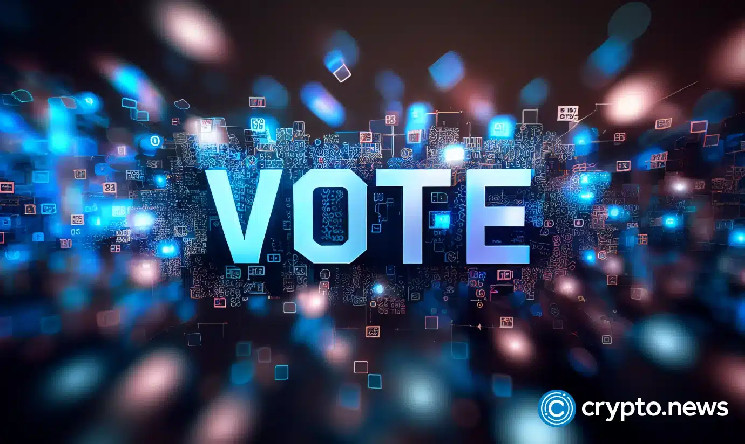Patrick Bet-David, founder and CEO of Valuetainment, says blockchain can vastly improve voting systems around the world.
With the world changing so much amid artificial intelligence (AI), blockchain and Bitcoin, Bet-David wonders if the world needs new technology to improve the outdated voting process. It aims not only to improve voting systems in terms of transparency and accessibility, but also to help more people develop confidence in these elections and their results.
The entrepreneur shared his thoughts in a YouTube video. Highlighting blockchain as “a shared immutable ledger that facilitates the process of recording transactions and tracking assets in a business network,” Bet-David says these characteristics make the technology suitable for application in blockchain voting.
American states have piloted voting via blockchain
To be honest, the issue of blockchain technology and voting is not a new topic. Researchers and experts have previously outlined how countries can integrate this more effectively. This has happened amid a broader integration of virtually every facet of human life, from education, supply chains, healthcare and agriculture.
It is this growth that has led some US states to test blockchain voting systems.
For example, West Virginia became the first US state to use blockchain voting through a pilot for federal elections. A publicly verifiable ledger that still maintains voter anonymity is key to this push for blockchain technology.
According to him, Bet-David believes this is the right way.
Aside from a decentralized ledger that records votes, immutability means that every cryptographically signed vote “cannot be changed without detection.”
In addition to West Virginia, Utah, Colorado and Oregon are other US states that have tested blockchain voting systems.
“In Denver, Colorado, one of the pilot programs allowed overseas voters and active-duty military personnel to vote in municipal elections through a blockchain-based smartphone app,” Bet-David noted.
A voter in Utah also became the first person to vote for president via the blockchain. Meanwhile, blockchain-based voting apps have worked in Switzerland, Japan, Brazil, South Korea and Russia.
Problems with voting via blockchain
While he is in favor of using blockchain to enable transparency and accessibility in elections, Bet-David notes that implementing the technology faces some challenges.
Critics have raised concerns about technical and security issues, including scalability and cyber-attacks. There are also legal and regulatory hurdles, especially around voter anonymity and privacy. US states that have expressed concerns and discomfort with the system include New York, California and Texas.
But as trust in the US government has fallen from 73% in 1958 to around 16% today, it may be the new technology that brings the younger generation on board.

